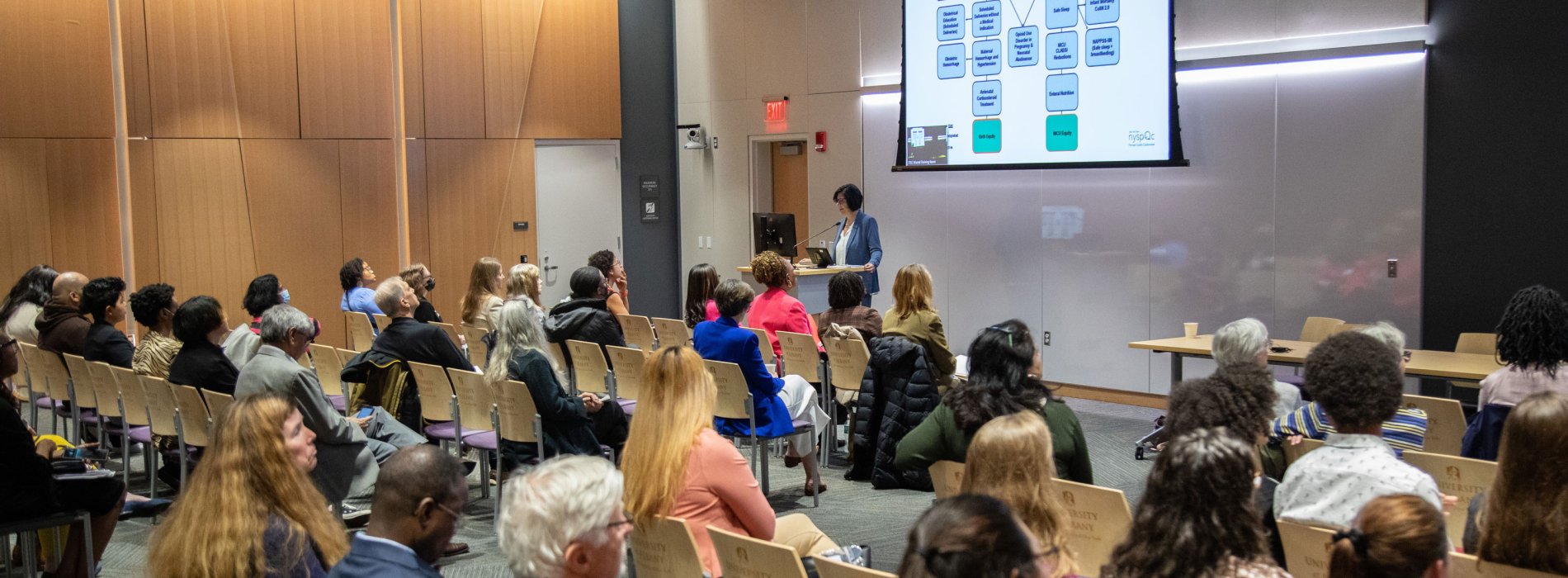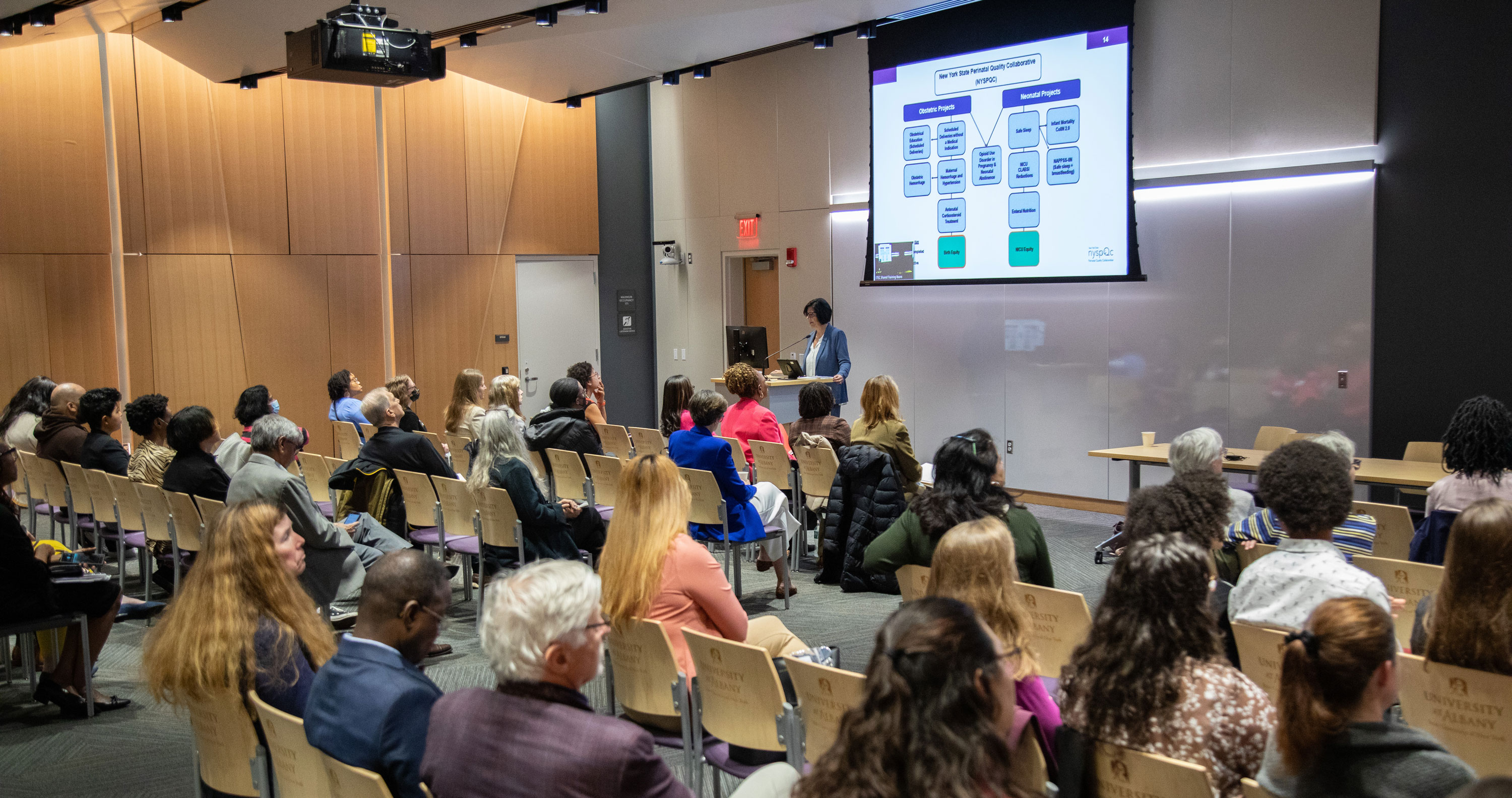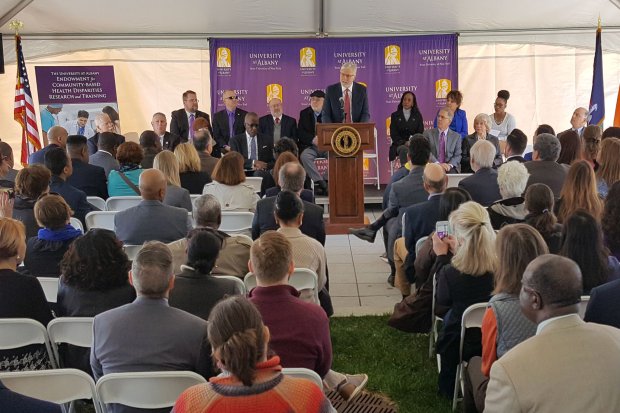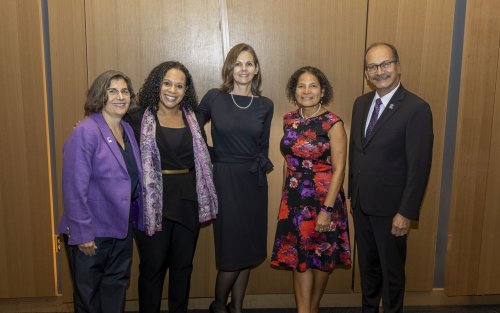

The Center for the Elimination of Health Disparities (CEHD) at the University at Albany is a collaborative effort focused on minority health disparities in New York’s smaller cities and towns.
CEHD is a partnership among community groups, hospitals, state and county health departments, the State of New York and UAlbany. The Center is housed under the Institute for Social and Health Equity’s umbrella.
CEHD’s activities focus on three major interrelated areas, in the service of contributing to the elimination of minority health disparities:
In all these areas, we believe that research and intervention concerning health disparities should involve communities as partners in defining problems, setting priorities, conducting research, implementing interventions and disseminating research results.
CEHD's work focuses on minority health disparities in New York’s smaller cities and towns. The reasons for this geographical emphasis are twofold:
CEHD was established in 2005 with a $1.25 million National Institutes of Health (NIH) award.
In 2009, CEHD received an award of $6.8 million through the National Institute on Minority Health and Health Disparities (NIMHD) Centers of Excellence program. This award established CEHD as an Exploratory Center on Minority Health and Health Disparities in Smaller Cities.
In 2016, CEHD received the NIMHD S-21 Endowment award, which created a $10 million endowment to train doctoral students in health disparities research.
In April 2020, the governor of New York commissioned UAlbany to investigate the Differential Impacts of COVID-19 in New York State. The project focused on the causes of the pandemic’s disparate impact on communities of color and identified potential interventions. CEHD supported the project’s new research and collaboration ecosystem, which engaged over 35 researchers on our campus.
In Fall 2022, the Institute for Social and Health Equity (ISHE) was created with a $1.7M UAlbany investment. CEHD is housed under the ISHE’s umbrella.

“Health disparities are preventable differences in the burden of disease, injury, violence or opportunities to achieve optimal health that are experienced by socially disadvantaged populations," according to the Centers for Disease Control (CDC).
CEHD is focused on health disparities faced by underserved populations, such as people of color and low-income families.




1400 Washington Avenue
Albany, NY 12222
United States